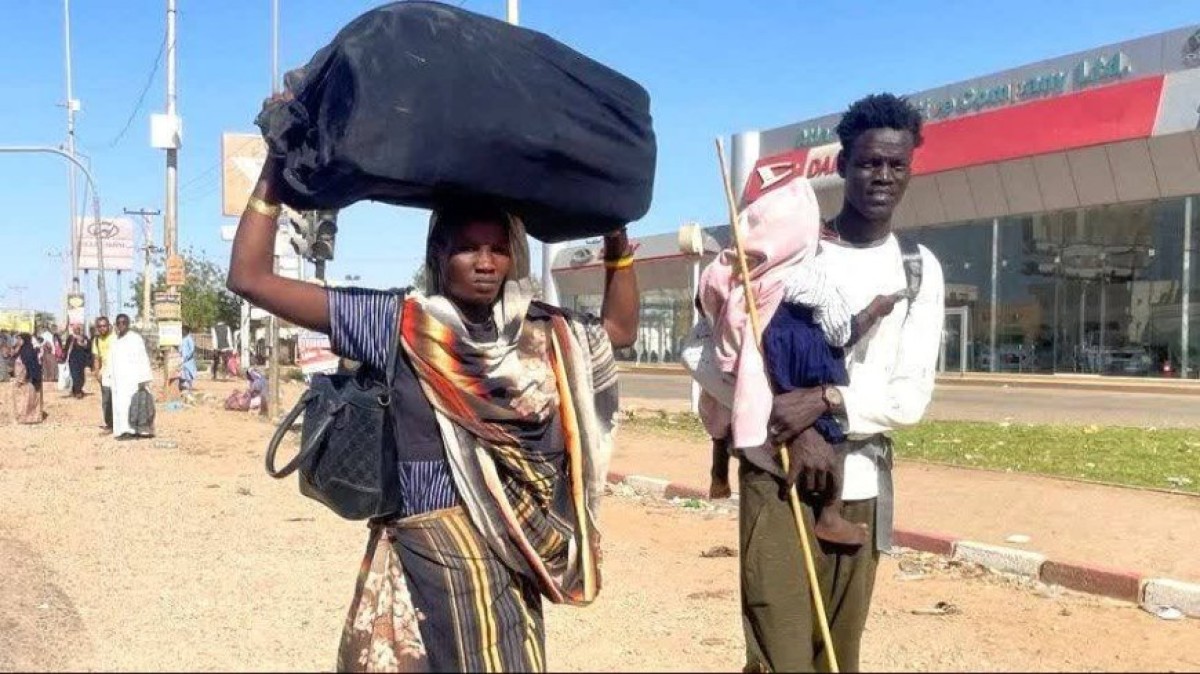 227
227
By: H. Zaïm-Bashi
Although it may seem like the fighting between the rival generals in Sudan just started in the past few weeks, the truth is that tensions in the nation have been escalating for years, ever since Omar al-Bashir seized power in Sudan through a military coup d'état. Since the country gained independence in the 1950s, Sudan has witnessed 15 coups, which is indicative of the country's long history of strife, insurrection, and civil wars. Furthermore, there are frequent, violent border disputes between Sudan and its neighbours. The Halayb triangle, for instance, is contested territory between Sudan and its northern neighbour, Egypt. There are several contested border areas between Sudan and Libya. Chad and the Central African Republic, which Sudan shares a border with, are other potential flashpoints. The same holds true for the shared borders between Sudan, Ethiopia, and Eritrea. Most crucially, Sudan now has a border with South Sudan, which presents its own unique challenges.
On the other hand, the "Thirteen Parties" in Sudan are united in their call for civilian control of the government. They argue the generals should have handed over authority immediately after Omar al-Bashir's ouster rather than holding it for two years.
Rapid Support Forces [RSP] troops, which had previously been deployed in Darfur and helped crack down on the disturbances sparked by South Sudan's rebels, are led by General Mohamed Hamdan Dagalo, also known as Hemedti, and aim to seize control of the government. Numerous observers also believe that Hemedti and his men seek to benefit from Sudan's current turmoil by smuggling weapons into nearby unstable nations such as Central Africa and Chad, controlling oil reserves and gold mines, and eventually shifting the power balance in their favour. Army generals and Abdel Fattah al-Burhan, Sudan's de facto ruler, seek similar goals. Approximately 100,000 men are believed to serve the Sudanese armed forces, with approximately 40,000 serving in the [RSP] led by Hemedri, 40,000 serving in the Sudanese army, and 20,000 serving in the police, security, and forces commanded by General al-Burhan. In other words, the RSP and the regular army forces maintain a precarious balance of power.
On this basis, it can be concluded that the conflicts in Sudan are due to the absence of a true democratic mechanism. Amid the suffering of innocent and defenceless civilians, the role of foreign actors cannot be ignored, given that the United States, the Zionist regime, Saudi Arabia, and the United Arab Emirates are pursuing specific agendas in Sudan through their local proxies.
The Zionist regime is one of the foreign actors that played the most vicious role in Sudan's partition, and it may be attempting to separate Darfur from the remainder of Sudan at this time. The control of the Sudanese ports in the Red Sea to prevent the Axis of Resistance from sending weapons to the besieged Gaza Strip is one of the reasons Tel Aviv places a particular emphasis on Sudan. Moreover, the dependence of Sudan's political and military leadership on foreign actors has caused the country's domestic situation to be plagued by interminable disputes for quite some time.
This catastrophic situation in Sudan has been caused by a combination of internal and foreign factors. As a matter of fact, partition, coup, and civil war are a never-ending cycle if the present conditions persist. The recent conflicts in Sudan are not only detrimental to Sudan and the Sudanese nation, but they also threaten civil war and division throughout the entire region. The only path for Sudan to capitalise on its excellent geostrategic location and emerge from a destructive civil conflict is through national unity, solidarity, political discourse, and not being duped by Tel Aviv and Washington's sweet, albeit empty, promises.
The strategic position of Sudan on the coasts of the Red Sea and the Bab el-Mandeb Strait makes it appealing for foreign investment, while the country's oil reserves, natural resources, and mines, including gold, fertile soil, and extensive agricultural regions, are equally attractive. Moreover, Sudan is believed to sit atop an immense underground water reservoir. If the right investments are made and the right chances are taken, certain experts believe that Sudan may become the food basket of the Arab nations.
Comment
Post a comment for this article